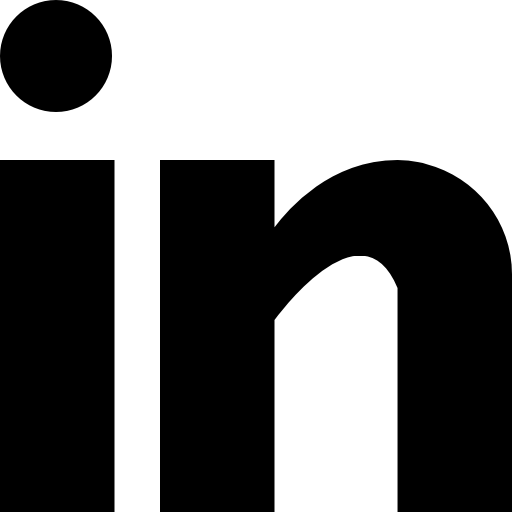We can help plan sponsors and business owners make smart decisions about their company retirement pans
Choosing the right company retirement plan involves numerous details and considerations beyond the scope of the above commentary. Please consult PFA and your accountant to ensure you get the most out of your retirement plan options.
401(k) Plans
▪ 401(k) plans have changed a lot in the last five years. If you’re looking for an advisor who will help you lower your overall plan costs, reduce your fiduciary obligations, and modernize your retirement plan offering, we can help. Unlike the majority of 401(k) providers, we are not compensated by the investments in your plan. You pay us a simple and transparent fee to deliver more value to your plan.
457(b), 401(a), and 403(b) Plans
▪ 457(b) plans are offered to state and local government employees. The 457(b) can often be offered in addition to a 401(a) or 403(b) plan.
▪ 401(a) plans are only offered by government institutions, or higher education public schools. Employee contributions can be made mandatory.
▪ 403(b) plans work similar to a traditional 401(k). 403(b) plans are for employees of publics schools and tax-exempt, non-profit organizations.
SEP-IRAs
▪ If you are self-employed or a small business owner and want to put away up to $58,000 (for 2021) toward your retirement, SEP-IRAs will be of interest. Advantages include easy setup and maintenance, low administration costs, no filing requirements, and flexible annual contributions. One disadvantage is that only employers can contribute, so employees do not contribute to their own retirement.
SIMPLE IRAs
▪ If you own a company with less than 100 employees, a SIMPLE plan may be of interest. Advantages include easy setup, low plan costs, no required discrimination testing, and the option for employees to contribute to their own retirement. Disadvantages include lower annual contribution limits than SEP-IRAs and mandatory employer contributions.
Individual 401(k)s
▪ If you are self-employed and have no employees other than a spouse (and no plans to add employees), an Individual 401(k) may be of interest. These plans allow for both employer and employee contributions, up to $58,000 (for 2021) or $64,500 for those 50 and older. Advantages include a Roth option, more flexibility and higher potential limits than SEP-IRAs, and the ability to make profit sharing contributions. One disadvantage: you must file a Form 5500 each year if your plan assets exceed $250,000.Make
Let Us Help
Let's schedule a time to chat.

Connect with us
We can help make retirement work for you.






